EU vs Apple: Future iPhones could be forced to use USB-C
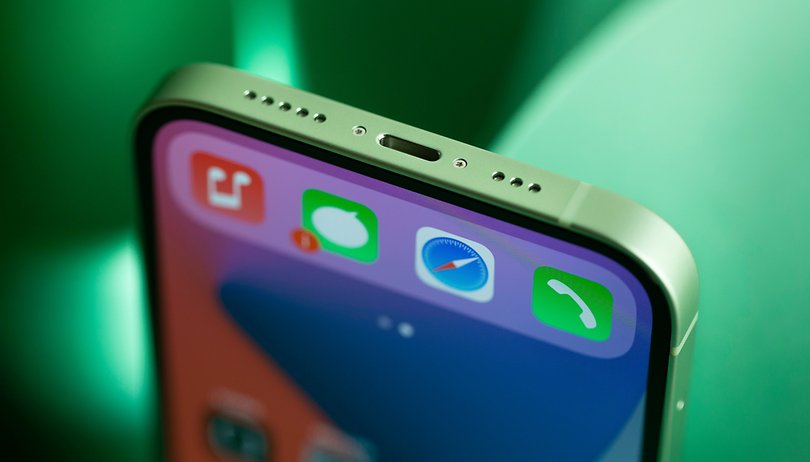

Today, most Android smartphones and tablets coming out in the market are equipped with a USB-C port. Apple, on the other hand, is still persistently using its proprietary Lightning connector on its iPhones. That could change soon as the EU is pushing the standardization of USB-C in the near future — at least in the region.
TL;DR
- The EU committee is drafting a new measure to make USB-C port standard.
- The proposal could force Apple to use USB-C in its future iPhones (and other devices).
- Apple loses to a case in Brazil for not including a charger.
Apple's dilemma on the possibility of allowing 3rd party stores on its iOS ecosystem is just getting started. But a new proposal from the EU consumer committee about making USB-C standard to all portable devices could affect Apple and its future devices even more.
The latest draft from the European council cites standardization of one type of charging port for all small and medium devices – and this includes smartphones and tablets. Smaller devices like smartwatches and other wearables would be exempted because of the limited space.
If to happen, both chargers and cables will also be standardized, meaning customers won't be forced to buy separate accessories when buying a new device. Another take of this upcoming mandate is about environmental concerns as electronic waste will be reduced.
Future iPhones could feature USB-C ports
While Apple is equipping the 2022 iPad Air and 2021 iPad Pro tablets with USB-C ports, the entire iPhone lineup – even the latest iPhone 13 – is still stuck with the Lightning connector. However, once the upcoming bill is enacted into law, Apple would be forced to surrender to the EU and eventually use USB-C for the future iPhone models, most likely globally.
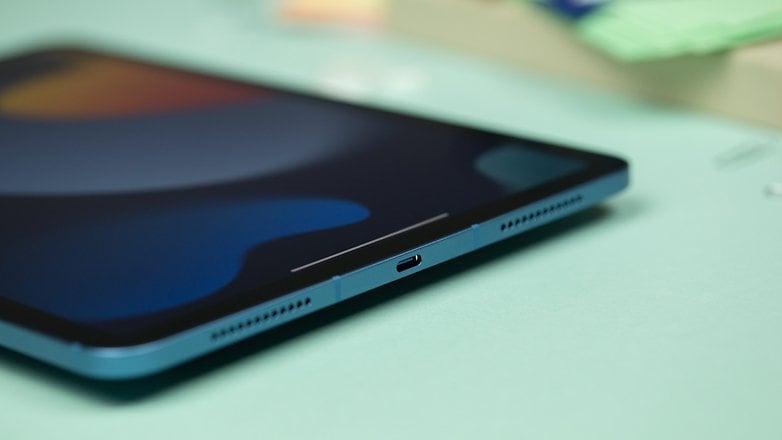
- Read here: The best Apple iPad models compared.
Considerably, one of Apple's business assets is licensing their custom connectors to third party companies that make accessories for iPhones and other Apple devices. It would definitely be painful for Apple to abandon this lucrative business.
The current scope covers tablets and smaller devices but could eventually expand to bigger gadgets such as laptops according to the EU committee. In addition, the proposal will also include interoperability of different wireless charging standards and is targeted to take effect by 2026.
Apple loses a case against a customer
Meanwhile in Brazil, Apple lost to a customer who filed a case against the company for not including a charger on its iPhone purchase. Despite Apple arguing that any charger will work, the court still sided with the customer.
Primarily, it is because the included cable has a Type-C to Lightning interface and the majority of chargers in the market are still using full-size USB-A. The judge ordered Apple to pay its customer $1000 due to the damages and violation of consumer protection laws.
Is the end of Apple's Lighting connector near? Share your thoughts in the comment section.
Via: Apple Insider Source: MacRumors








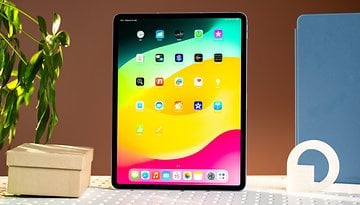
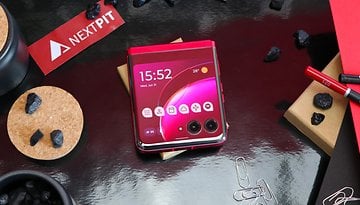
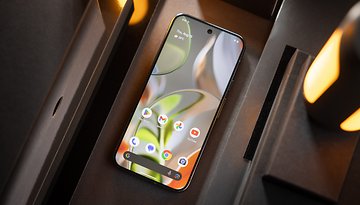
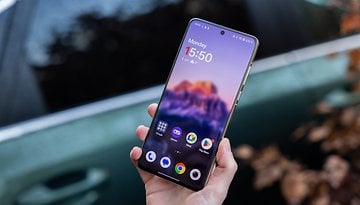

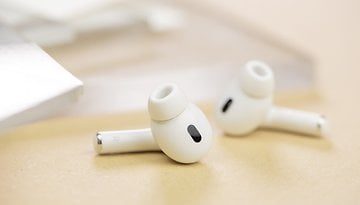
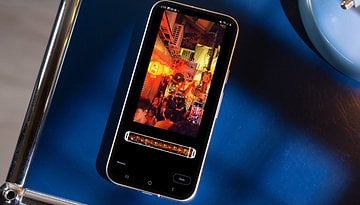


A company that doesn't plan for and use the interoperabilty standards of the industry, is anti-consumer.
Proprietary "standards" aren't standard at all.
More FOSS/FOSH please.